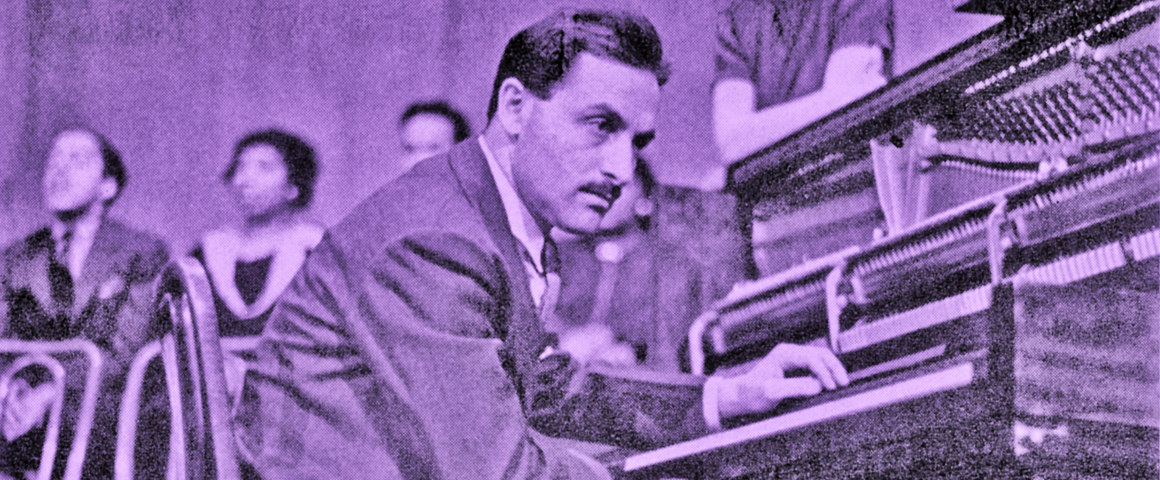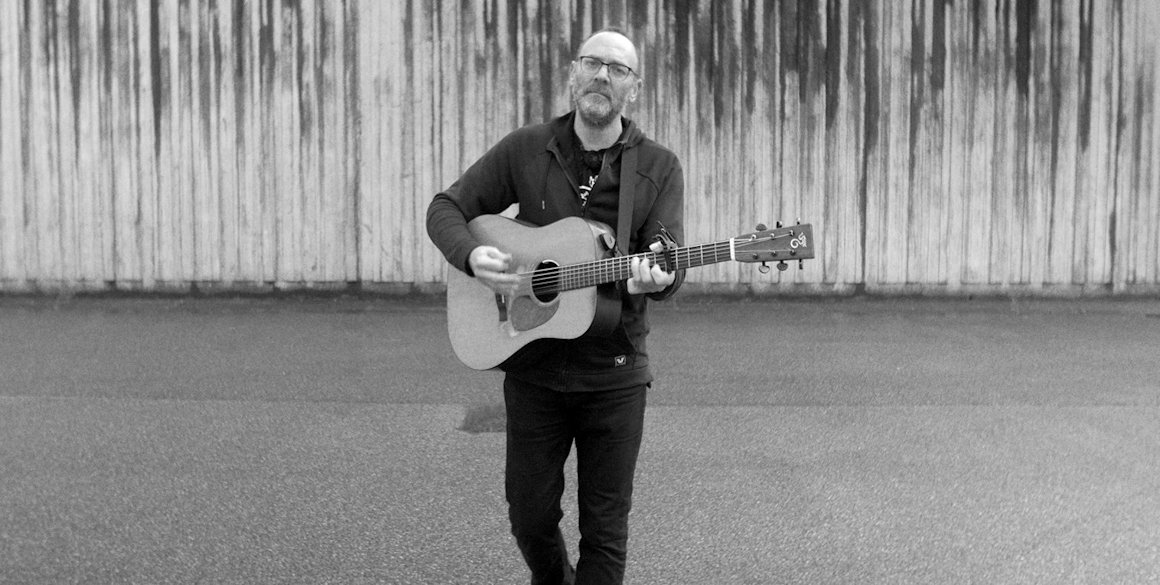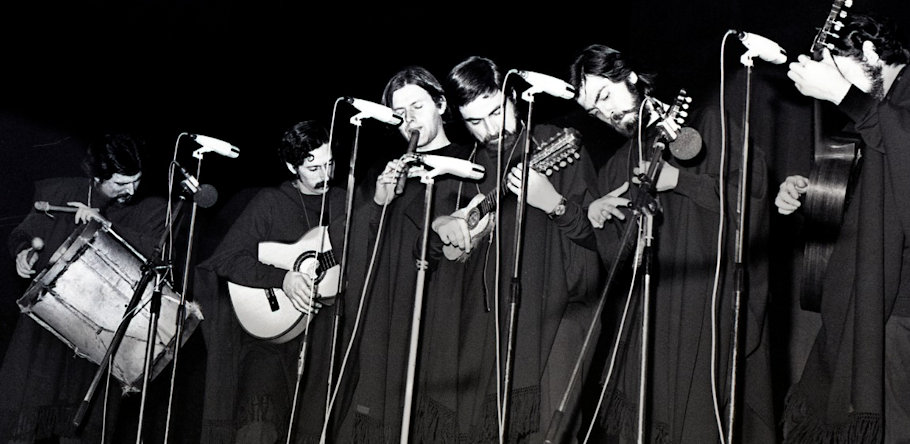Marc Blitzstein’s The Cradle Will Rock
The release in July of a 2-CD recording of Opera Syracuse’s 2017 production of The Cradle Will Rock is an important event in American musical theatre. Composer-librettist Marc Blitzstein (1905-1964) had always imagined a fully-orchestrated and staged version of his “proletarian opera”. Blitzstein was a member of the League of Composers, a left-wing group that included well-known figures like Aaron Copland, Charles Seeger, Ruth Crawford, and Earl Robinson. He’d studied in Europe with composers Arnold Schoenberg and Nadia Boulanger, and had come under the influence of the revolutionary German musical theatre of Bertolt Brecht, Kurt Weil, and Hanns Eisler. The premiere of “The Cradle Will Rock”, directed by 21-year-old whizkid Orson Wells, is one of the legendary cultural events of the New Deal era. The show was cancelled just prior to its premiere by the Works Progress Administration for alleged “budgetary reasons”. However, inspired by its unstoppable director, the production relocated 21 blocks away to the Venice Theatre, with 600 patrons parading with the cast along Broadway to the new venue. There, because of issues with the actors and musicians unions, the show was performed with Blitzstein on-stage at the piano, and cast members rising from their seats in the audience to sing their parts. While “The Cradle Will Rock” has been successfully revived over the years, the story of its premiere has overshadowed Blitzstein’s work itself – not least because, until now, it was not heard in its fully-orchestrated version. Now the listener can experience Blitzstein’s brilliant arrangements, and appreciate why one of his early disciples, Leonard Bernstein, considered him a revolutionary force in American music. With its appeal for working-class unity against domestic fascism, Blitzstein’s fable of class-struggle in Steeltown USA strikes a relevant chord today. The Bridge Records album comes with an essay by conductor John Mauceri and a rare recording of Blitzstein recounting the story of the dramatic opening night. Listen for free at www.open.spotify.com.

Rage Against Nigel Farage’s Machine
Rage Against the Machine (RATM), the militant left-wing American rock band known for its criticism of U.S. foreign policy, systemic racism and oppression, has taken legal action against Nigel Farage, Member of the European Parliament and former leader of Britain’s far-right U.K. Independence Party (UKIP). The Grammy-winning band, whose albums have sold in the millions, is demanding that Farage change the name of his podcast: “Farage Against the Machine”. RATM charges that the podcast “brazenly and unlawfully” exploits its name and logo, and implies that the band endorses Farage’s reactionary political views. When he launched the podcast last March, the band tweeted “this piss weasel IS the machine, peddling the sort of inane, blame-heavy bullshit that the guys in RATM have been raging against since day one.” Their July 10 cease and desist letter uses strongly-worded, albeit less-colourful, language: “The implication of any endorsement by our client of you or your policies is particularly abhorrent. RATM has publicly denounced the type of right-wing ideology you espouse for decades; in fact, that has been an integral part of the band’s identity and purpose. Your anti-immigrant rhetoric, lack of social compassion, and barely disguised racism and xenophobia are the antithesis of what RATM stands for. Stop using RATM’s name and logo, change the name of your podcast, and find some other target to troll. We suggest President Trump.”
The Fair Internet Campaign
The Paris-based International Federation of Musicians (FIM), in association with several other European performers rights groups, has launched a “Fair Internet Campaign”. It calls for a European Union law guaranteeing fair and equitable remuneration for performers every time their works are used online. Streaming companies like Spotify, Netflix, and Apple Music are now the most important players in the exploitation of music, films, and TV series. The vast majority of musicians, actors, and other performers, receive little remuneration because of the contractual relationship with their producers. If they want to get into the mass market, they typically transfer their rights to producers for a one-time payment that provides no share of streaming or downloading revenue. Current copyright reform in the EU favours big business. It will allow performers the right to have more information about the contracts they sign with their producers, but will not improve the contracts themselves. It will also give big stars the right to renegotiate their contracts, but overlooks smaller artists, who can’t afford to get into disputes with their producers. The Fair Internet Campaign calls for non-profit collective management organizations, to gather and distribute streaming royalties, however small, to all artists. Similar organizations already exist for broadcasting in Europe and North America. Performing artists, regardless of how famous they are, deserve to be treated equally. They should receive their fair share of streaming revenue. Show your support by signing the petition at www.fim-musicians.org.





